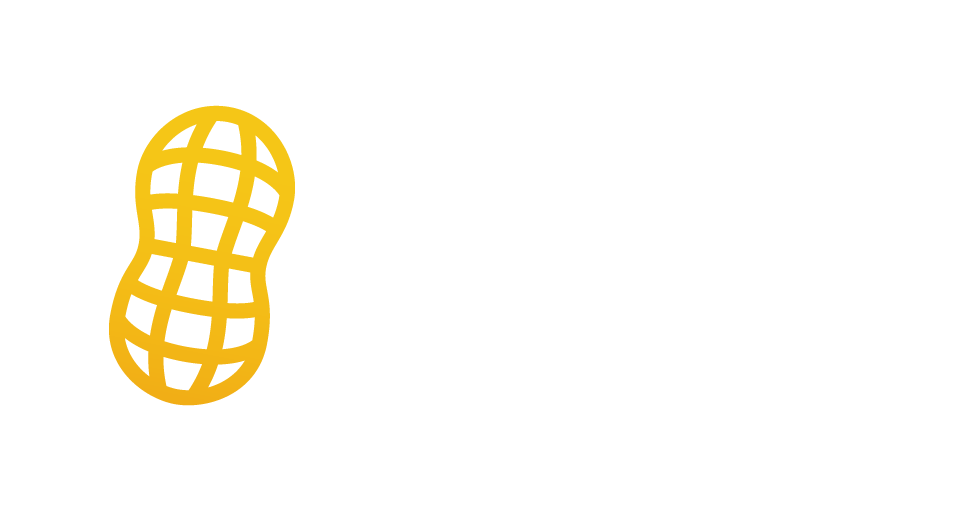At a glance:
- Choose a date and time that support your event’s objectives.
- Consider your target audience’s schedules for maximum engagement.
- Steer clear of holidays and major events to boost attendance.
- Plan early to secure the best venues and coordinate with suppliers.
- Use off-peak pricing to manage your budget effectively.
Selecting the perfect date and time for a corporate event can be the difference between a wildly successful event and a missed opportunity. The stakes are high, but with careful planning and strategic consideration, you can ensure your event hits the mark. At Peanut Productions, we understand the importance of these decisions and aim to guide you through the process with our expert insights.
Selecting the ideal date and time affects not just the number of attendees but also their level of engagement and the overall ambience of the event. A poorly chosen date could clash with other major events, holidays, or personal commitments, leading to lower turnout and reduced impact.
From understanding the event’s purpose to considering audience preferences, calendar conflicts, and venue availability, multiple factors play into this decision. Let’s dive into these considerations to ensure you make the best choice for your next corporate event.

Understanding the Event’s Purpose
Type of Corporate Event
Different types of corporate events, such as conferences, seminars, and product launches, have unique requirements and objectives. Understanding the nature of your event helps you choose a date and time that aligns with its specific goals and needs.
Goals and Objectives
Clarifying your event’s goals and objectives is crucial. Whether you aim to educate, inspire, or entertain, your event’s timing should support these goals. For example, a product launch might benefit from a weekday evening slot, maximising media coverage and audience excitement.
Target Audience
Identifying and understanding your target audience is key. Consider their professional roles, typical work schedules, and availability to ensure maximum attendance and engagement.
Identifying Audience Preferences
Demographics and Professional Roles
Understanding the demographics and professional roles of your audience helps tailor the event timing. Senior executives might prefer weekday mornings, while younger professionals might be more inclined to attend evening sessions.
Availability and Convenience
Consider the typical work schedules of your audience. For example, an event aimed at healthcare professionals might need to accommodate shift patterns, while a corporate seminar for business executives should avoid early mornings and late evenings.
Typical Work Schedules
Knowing your target audience’s typical work schedules ensures you choose a time that doesn’t conflict with their professional responsibilities, increasing the likelihood of their participation.
Analysing Calendar Conflicts
Avoiding Major Holidays and Weekends
Major holidays and weekends often see people preoccupied with personal commitments. Avoiding these dates ensures your event doesn’t compete with family gatherings or travel plans, boosting attendance.
Considering Competing Events and Conferences
Check for other significant events or conferences that might draw your audience away. Scheduling your event to avoid these conflicts can enhance your turnout and ensure your event stands out.
Internal Company Schedules
Consider your company’s internal schedule, such as fiscal year-end or major project deadlines. Timing your event during a less hectic period ensures better participation from internal stakeholders.
Considering Venue Availability
Popular Venues and Booking Lead Times
Popular venues often have long booking lead times. Starting your planning early allows flexibility with dates, ensuring you secure the best location for your event.
Flexibility with Dates
Being flexible with your dates can help secure a preferred venue, coordinate with vendors and suppliers, and lead to potential cost savings.
Coordination with Vendors and Suppliers
Ensure your chosen date aligns with the availability of key vendors and suppliers. This coordination is essential for seamless event execution.
Assessing Seasonal Impacts
Weather Conditions and Their Effect on Travel and Attendance
Consider the weather conditions during your preferred event dates. Extreme weather can affect travel plans and overall attendance, especially for events held in locations prone to harsh weather conditions.
Seasonal Business Cycles and Peak Times
Different industries have varying busy seasons. Scheduling your event during a less hectic period for your target audience’s industry ensures better attendance and engagement.
Holiday Seasons
During the holiday season, people are often away from work and engaged in personal activities. Avoiding these periods can help maximise attendance.
Determining the Best Time of Day
Morning, Afternoon, or Evening Sessions
The time of day can significantly impact the success of your event. Morning sessions can be ideal for focused seminars, while evening events might be better for social gatherings and networking.
Consideration of Event Duration and Breaks
Plan the event duration and include sufficient breaks to keep attendees engaged. Long, uninterrupted sessions can lead to fatigue and reduced attention.
Time Zones for Virtual or Hybrid Events
For virtual or hybrid events, consider your audience’s time zones. Scheduling at a time convenient for most participants ensures higher engagement.
Evaluating Cost Implications
Peak vs. Off-Peak Pricing for Venues and Services
Event costs can vary significantly based on the date and time. Off-peak periods often come with lower prices for venues and services, offering potential savings.
Budget Constraints and Financial Planning
Align your event timing with your budget constraints. Strategic timing can help in optimising costs without compromising on quality.
Potential Cost Savings Through Strategic Timing
By carefully selecting the date and time, you can leverage cost savings on various elements of your event, from venue hire to catering and transportation.
Surveying Potential Attendees
Utilising Surveys and Polls for Feedback
Gathering feedback from potential attendees through surveys and polls can provide valuable insights into their preferences and availability, aiding in making an informed decision.
Analysing Survey Data to Make Informed Decisions
Analysing survey data helps in understanding the best timing for your event, ensuring it aligns with the preferences of your target audience.
Communicating with Key Stakeholders for Input
Engage with key stakeholders to gather their input and ensure the chosen date and time align with their expectations and availability.
Making the Final Decision
Weighing All Factors and Prioritising Key Considerations
Consider all the discussed factors and prioritise the key considerations that align with your event’s goals and objectives. This holistic approach ensures a well-timed and successful event.
Collaborating with the Planning Team and Decision-Makers
Work closely with your planning team and decision-makers to finalise the date and time. Their insights and approvals are crucial for seamless execution.
Confirming the Date and Time with All Relevant Parties
Once the decision is made, confirm the date and time with all relevant parties, including vendors, suppliers, and key stakeholders, to ensure everyone is on the same page.
Communicating the Event Details
Early and Clear Communication with Attendees
Communicate the event details early and clearly to all attendees. This ensures they can mark their calendars and make necessary arrangements.
Marketing and Promotional Strategies
Develop a robust marketing and promotional strategy to generate excitement and interest in your event. Highlight the event’s unique aspects and benefits to attract a larger audience.
Continuous Updates and Reminders
Send continuous updates and reminders to keep your event at the forefront of potential attendees’ minds. This helps maintain interest and ensure maximum participation.
Choosing the ideal date and time for your corporate event is a strategic decision that requires careful consideration of multiple factors. By understanding your event’s purpose, identifying audience preferences, analysing calendar conflicts, considering venue availability, assessing seasonal impacts, and evaluating cost implications, you can ensure a well-timed and successful event. At Peanut Productions, we are here to help you navigate these decisions and create events that connect and engage with your audience creatively and strategically.
Optimise your corporate events with our expert guidance. Whether you’re planning a conference, seminar, or product launch, Peanut Productions is your go-to corporate events agency for unforgettable experiences. Contact us today to start planning your next event.


